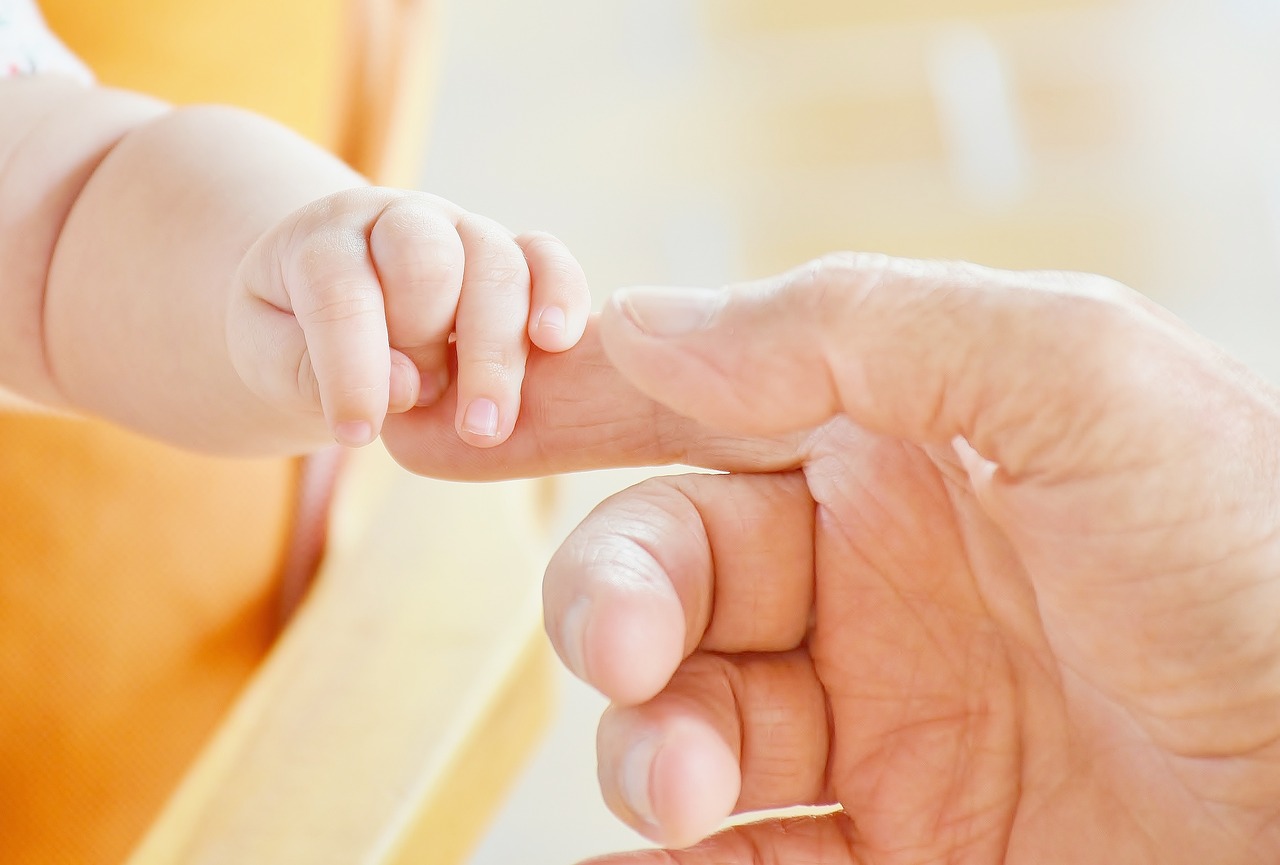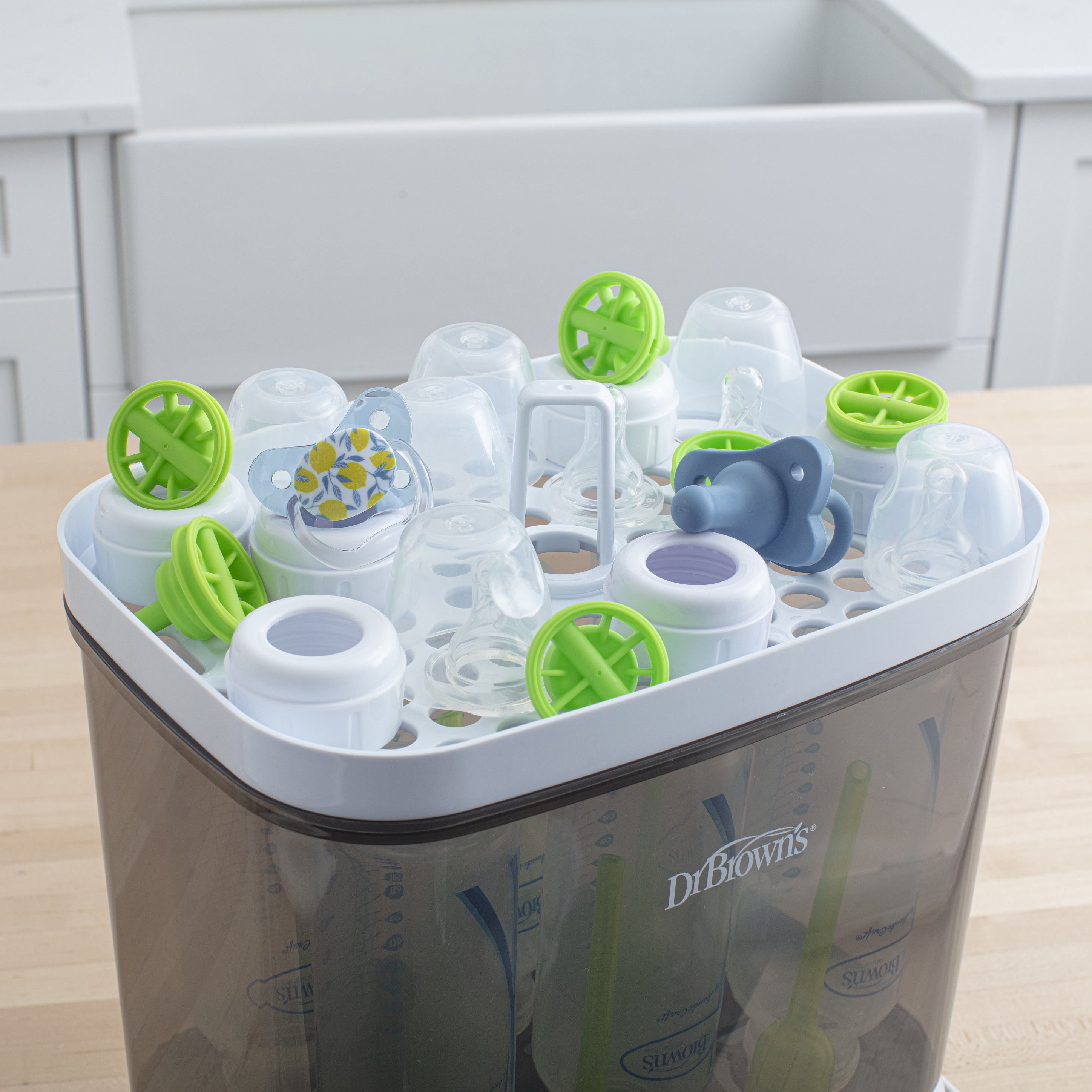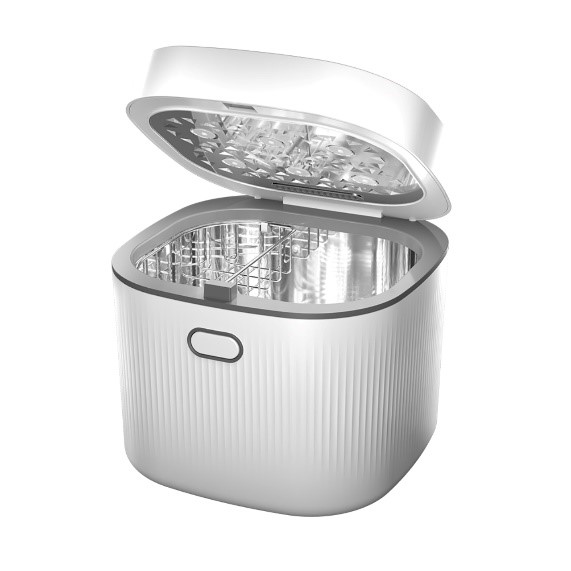 Leaving Your Baby for the First Time Baby separation anxiety is a real struggle for many parents. When the moment comes to leave your baby for the first time, your motherly instinct kicks in.
Leaving Your Baby for the First Time Baby separation anxiety is a real struggle for many parents. When the moment comes to leave your baby for the first time, your motherly instinct kicks in.
“Would my baby be safe?”, “What if something happens, and I’m not there?”, “Is my baby sad right now?” are only some the questions that start spiralling in your head when you close the door and leave your baby behind, even if it’s just for one hour.
Although your baby is in safe hands, you can’t help but feel like your heart is breaking into tiny pieces, because you don’t know what’s happing with your baby every minute.
Nevertheless, leaving your baby for the first time and getting over the separation anxiety is beneficial for both you and your baby. Baby brand, Nuby, explores how to cope with separation anxiety and make sure that your baby is safe and happy.
The earlier you overcome it, the better
Separation anxiety is normal and usually affects young children between the ages of six months and three years. It usually fades after that, but if the symptoms persist, it can have a long-term impact on your child.
The earlier you start practising leaving them, the easier it will be for them to get used to it and overcome any potential separation anxiety.
As a parent, you also might be suffering from some form of separation anxiety, so it’s important to take the right steps to leaving your baby for the first time.
Do it gradually
You don’t have to jet off on holiday the first time you leave your baby – this will cause turmoil to both of you.
Instead, practise being separate gradually. At first, you might dedicate a two-hour slot where you leave them in your house with their grandparents. It’s advisable that the first times you leave them, it’s with someone they know and in a familiar setting to ease the shock of separation. Later, you can start trusting a nanny or a childminder to take care of your baby while you’re away.
After the first trial, you can slowly start extending the time you’re away from them and even leave them at their grandparents’ and nanny’s house for a night or two. The more often you do it, the easier it will get.
Don’t hold onto the guilt
It’s normal to feel guilty when you first leave your baby. But just like in many other life situations, guilt is not a healthy feeling to experience. Even though it’s totally valid, try not to fall into the trap of self-agonising over the fact that you’ve left your child in the hands of someone else.
It’s something that you need to overcome, as it will help develop a healthy relationship between the two and not a co-dependent one. You’re teaching your baby to trust you but not rely on you for everything. Retrospectively, you’re learning that your child is its own person and will eventually grow and separate from you for much longer than an hour-long coffee break. So, the earlier you start the process, the better.
Give clear instructions
Babies have their own individual routines. Whether they like to have a snack right before bed to help them nod off or be read their favourite bedtime story, this is what they’re used to.
Your babysitter’s approach might not match that, so it’s important to communicate your baby’s precise routine with them. This will help your baby settle and will and will ensure that there is no additional unfamiliarity and stress.
Pack a comforter
Before you leave, pack a bag of newborn essentials that will be at hand for your babysitter, and make sure to include a comforter.
While their main source of comfort – you – might be away, your babysitter can resort to their physical comforts. Perhaps your baby has a specific toy they like to cuddle or play with, or they love being tucked in their cosy sleeping bag for a newborn.
Prepare these items in advance, so that your baby can feel secure in an unfamiliar situation if needed.
Don’t sneak away
Easing your baby into the temporary separation is crucial. This applies to the moment your babysitter arrives and the moment you leave the house.
Dedicate some time to help your baby get used to their babysitter, whether that’s a childminder, a nanny or their grandparents, while you’re still there.
When you’re leaving, don’t just sneak away. Rather, kiss your baby and say a happy goodbye, after which your babysitter will immediately engage their attention and hopefully stop them from crying.
It’s also advisable that your babysitter picks up the baby right away, so that they feel secure in their hands and build a positive relationship.
Leaving your baby for the first time can be frightening, but it’s an essential part of the growing up process. Practising healthy separation from early on will ensure your child becomes its own individual and is able to be on its own.
Article created by Nuby
Sources
https://www.nhs.uk/conditions/baby/babys-development/behaviour/separation-anxiety/



